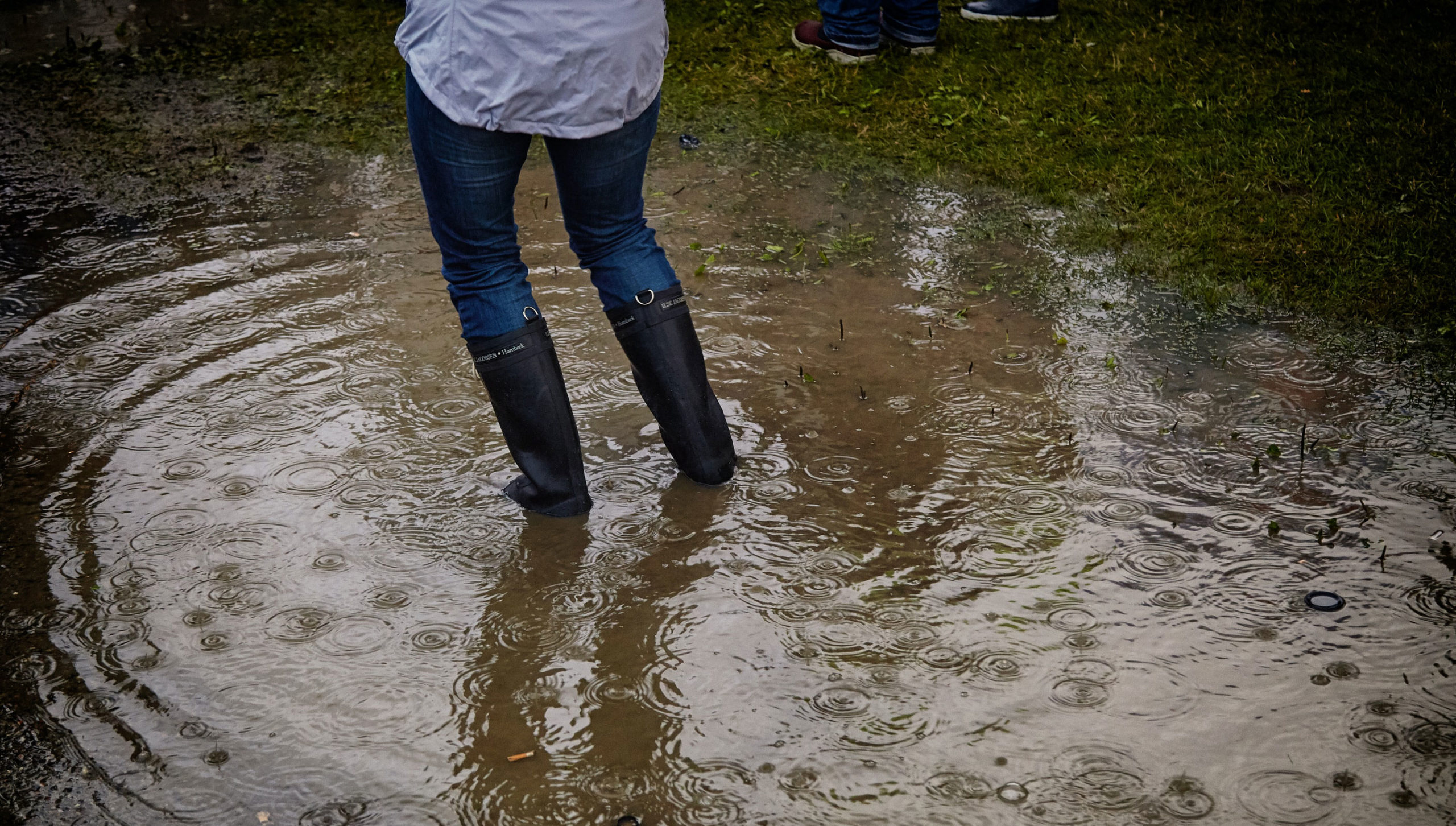Purchase tickets - New Zealand Electrical Conference 2025

During a Flood
If your home or business has begun to flood, keep these safety measures in mind to reduce your risk of electrocution:
- Do not touch any electrical devices or appliances while standing in water.
- Do not touch anything electrical that has been in contact with water.
- Do not enter any area where the water has risen above the electrical outlets.
- Beware of areas where any wiring may be underwater.
- If you need to evacuate or leave your home, beware of fallen power lines and exposed underground cables that could create a risk of electrocution. Do not touch or go near downed or exposed power lines. Maintain a safe distance of at least 10 meters, and call 111.
After a Flood
There is almost as much electrical risk in the aftermath of a flood as there is in the flood itself. Extreme caution should be used when re-entering an area to begin cleaning up. If your power was not turned off before the flood, then you should not enter your home or business until it can be verified that it is safe.
If you did turn your power off before the flood, you should not attempt to turn it back on yourself. Have your property checked by a licensed electrician.
Any appliances that have become wet should not be plugged back in until they can be checked by an appliance repair technician, or electrician and found to be safe. A small amount of moisture trapped inside an appliance can cause major damage or electric shock. Some damaged appliances can be refurbished and returned to use. But none should be tried without being properly checked.
There are some immediate steps which a Homeowner and/or Businesses should take in the aftermath of a flood:
- Make sure the property is safe before you enter. Obvious signs such as electrical arcing, a burning smell, smouldering or ‘on fire’ electrical appliances, Submerged socket outlets are all signs that the property may not be safe
- Try to avoid direct contact with any water which remains in the property. It may be contaminated.
- If you need to switch off the electricity, turn off the main switch which could be located in the switchboard or meter box. If there is evidence of water inside the meter box or if there are signs of arcing or overheating, seek professional advice first.
- Do not use any mains powered electrical appliances in areas affected by flooding until advised by a registered electrician that it is safe to do so.
- Contact your insurance company, and landlord if applicable, for advice and to get approval to carry out any repairs. Take photos of the damage and keep records
- Seek professional advice about the restoration of your property and hire appropriate and qualified professionals to undertake the repair work
- If you see someone receive an electric shock, call the emergency services immediately, DO NOT approach the person until you are certain the danger has been removed.
- Do not attempt to charge electric vehicles if the vehicle, the charger or lead have had water damage
- Please contact your local Lines/Network Provider or call 111 if you see any exposed underground cabling or any potential danger that could be caused from damage to overhead lines.
- Don’t do your own electrical work – it’s illegal and dangerous. Always use a licensed electrician, you can check your electrician is licensed using our Find a Master Electrician search function.
Other specific information for:
Electrical appliances and equipment
Using water-damaged equipment can cause electric shocks and fires so make sure you:
- Have a licensed electrician check all water-damaged hard-wired electrical appliances, such as air-conditioning units or stoves, intended for re-use. This safety check may be required before the power supply can be reconnected.
- Dispose of or have a licensed electrician repair water-affected electrical items, such as kettles, toasters and televisions.
- Do not attempt any electrical repairs or connection of temporary supplies yourself – always use a registered electrician. Find a Master Electrician here.
Property or connection damage
If your property or connecting line has been damaged by a storm or flood, you may need verification tests on your switchboard, main earth, wiring, equipment and appliances to be carried out prior to reconnection to ensure the electrical circuits are still working.
A licensed electrician will need to perform this task and a certificate of verification will ensure your local electricity distribution entity can reconnect your service.
Solar systems
If your solar system has been damaged, get a licensed electrician to inspect it, make any repairs and check it’s electrically safe before it is re-commissioned.
Even if the network supply is turned off, the solar system will continue producing voltages during the day which could potentially cause electrocution.
After the flooding has subsided:
- Do not attempt to turn off the system
- Stay away from the solar panels and wiring.
- Avoid getting on the roof unless absolutely necessary and keep away from solar panels and their cables.
- Have an electrician check the system.
- If your system has been checked and is safe, follow the start-up procedure.
